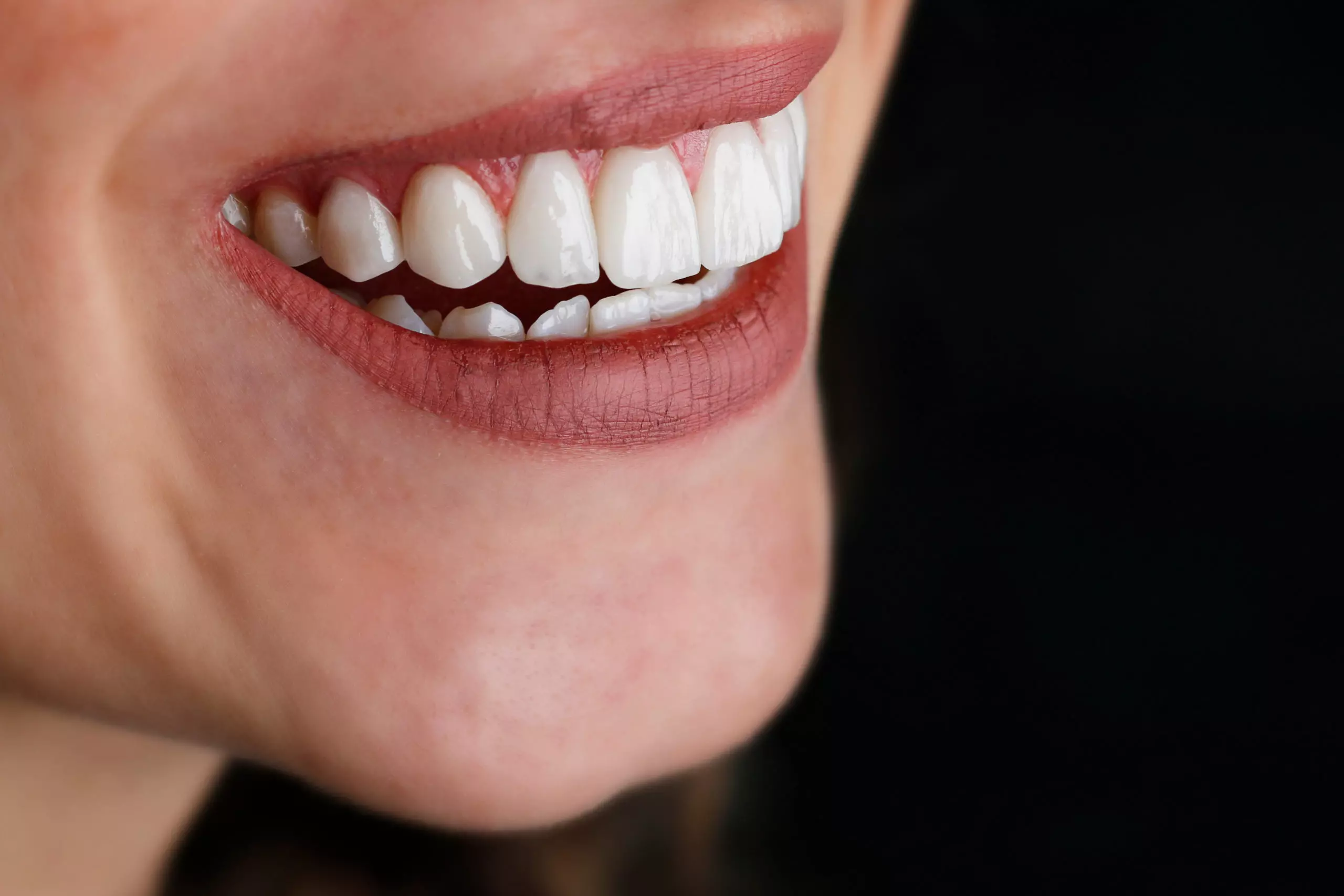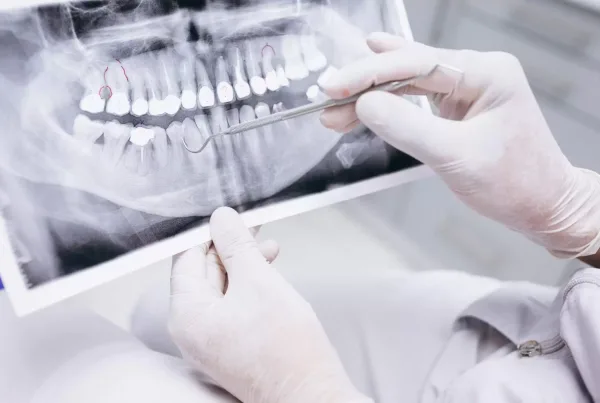
Veneer teeth are a popular treatment option due to their aesthetics and durability. However, exposure to staining agents like tea, coffee, and smoking may cause discoloration over time. So, how can veneer teeth be whitened? How should porcelain and zirconium teeth be cleaned?
Can Veneer Teeth Be Whitened?
Veneer teeth have a different structure than natural teeth and do not respond to traditional teeth whitening methods. This means whitening toothpaste or professional whitening gels at home will not whiten porcelain or zirconium veneers.
However, discoloration or stains on the surface of veneer teeth can be removed through professional cleaning and polishing. These procedures restore the teeth’s original shine. If discoloration is severe or stains have penetrated deeply, your dentist may recommend replacing the veneers.
How to Clean Veneer Teeth?
Cleaning veneer teeth is almost identical to cleaning natural teeth. A consistent and proper oral care routine prolongs the lifespan of your veneers and helps maintain a healthy smile. Here are tips for cleaning veneer teeth:
Daily Cleaning Routine:
- Brushing: Brush your teeth twice daily (morning and night) with a soft-bristled toothbrush and fluoride toothpaste. Hold the brush at a 45-degree angle to the gum line and brush gently.
- Flossing: Use dental floss daily to clean between your teeth. Be careful to gently insert the floss between the veneer and the gum line.
- Oral Irrigator: Use an oral irrigator to remove food particles and plaque from areas the toothbrush cannot reach.
- Mouthwash: Use an antibacterial mouthwash recommended by your dentist to reduce bacterial growth.
Professional Cleaning:
- Dentist Visits: Visit your dentist at least twice yearly for check-ups to detect and treat potential issues early.
- Professional Cleaning: Your dentist can use special tools and products to remove stains and plaque from your veneers, helping them look brighter and healthier.
Additional Tips:
- Use Non-Abrasive Toothpaste: Opt for non-abrasive toothpaste to prevent scratches on your veneers.
- Avoid Using Sharp Objects: Avoid cleaning your veneers with sharp objects like toothpicks or pins to prevent damage.
- Limit Staining Foods and Drinks: Reduce consumption of staining foods and beverages like tea, coffee, and red wine. Rinse your mouth with water after consuming them.
By following these recommendations, you can extend the lifespan of your veneers and maintain a healthy smile. Regular dental check-ups and professional cleaning are crucial for keeping your veneers in optimal condition.
How do you whiten porcelain and zirconium veneer teeth?
Over time, surface stains may develop on veneer teeth, which cannot be treated with whitening gels or laser treatments. These stains can be addressed using the following methods:
- Professional Cleaning: Your dentist can use special tools and professional cleaning products to remove stains and deposits from your porcelain teeth, restoring their original shine.
- Polishing: After cleaning, your dentist can apply a special polish to the surface of your porcelain teeth. This polish helps prevent future stains and enhances the shine of your teeth.
Avoid whitening veneers at home, as whitening methods designed for natural teeth can damage porcelain veneers.
Lifespan of Veneer Teeth
The lifespan of veneer teeth varies depending on several factors:
- Material: Porcelain veneers typically last 10–15 years, while zirconium veneers are more durable and can last 15–20 years.
- Oral Hygiene: Regular brushing, flossing, and using mouthwash extend the lifespan of veneers.
- Dietary Habits: Avoiding hard foods or habits like grinding teeth can prolong their durability.
- Dental Check-Ups: Regular visits to the dentist help detect and treat potential issues early, extending the lifespan of veneers.
- Lifestyle Habits: Habits like smoking can cause stains and shorten the lifespan of veneers.
With proper care and regular dental check-ups, veneer teeth can remain healthy and aesthetically pleasing for many years.
Can Veneer Teeth Break?
Although veneer teeth are more durable than natural teeth, they can break or crack under certain conditions:
- Excessive Force: Biting complex objects, grinding teeth, or clenching jaws can cause veneers to break.
- Accidents or Trauma: Falls, impacts, or sports injuries may damage veneer.
- Weak Base Structure: A decayed or weakened natural tooth beneath the veneer increases the risk of breakage.
- Improper Application: Poorly made or applied veneers are more prone to cracking or breaking.
If you notice a crack or break in your veneer, visit your dentist immediately. A damaged veneer cannot protect the underlying tooth and may lead to decay.





